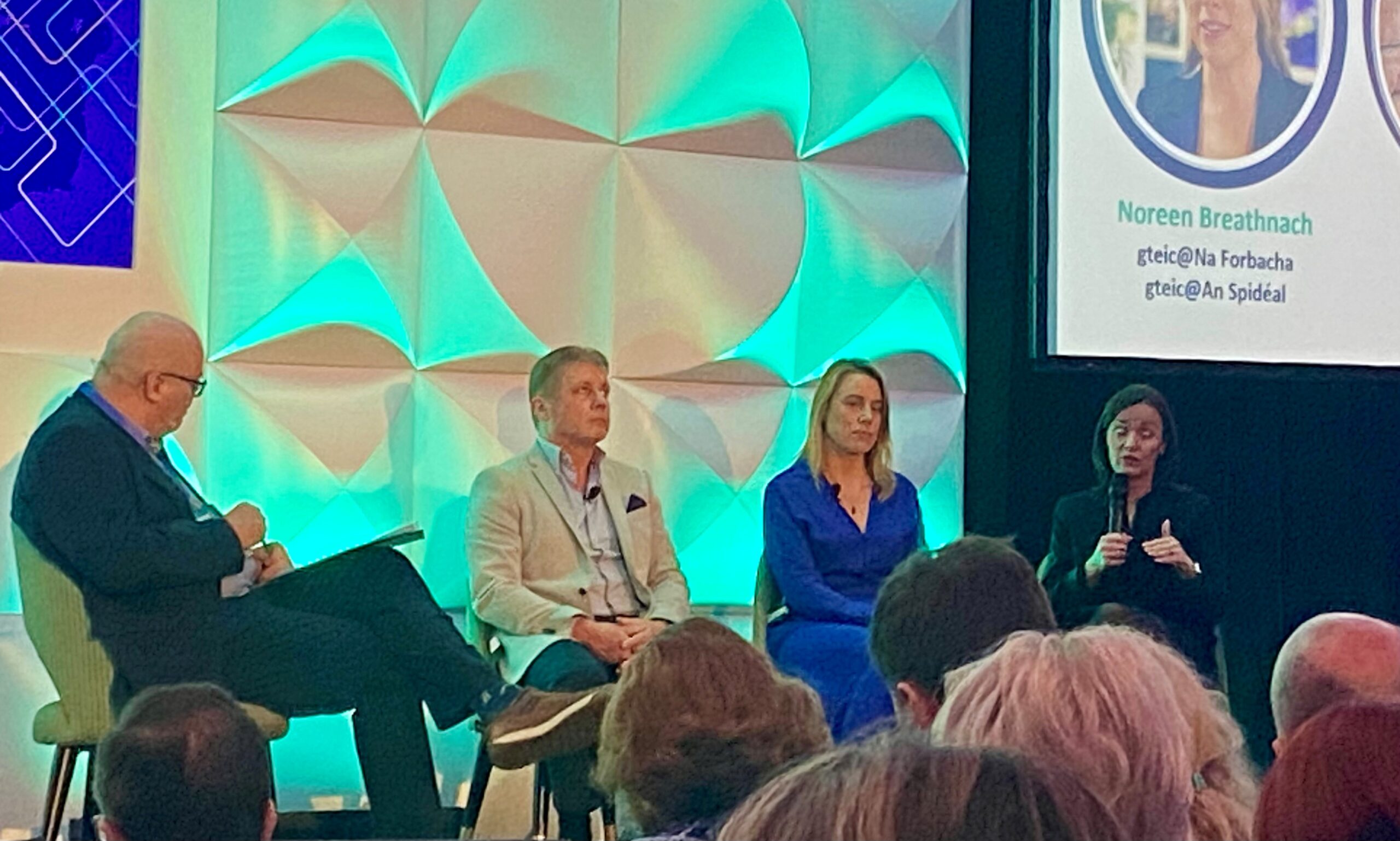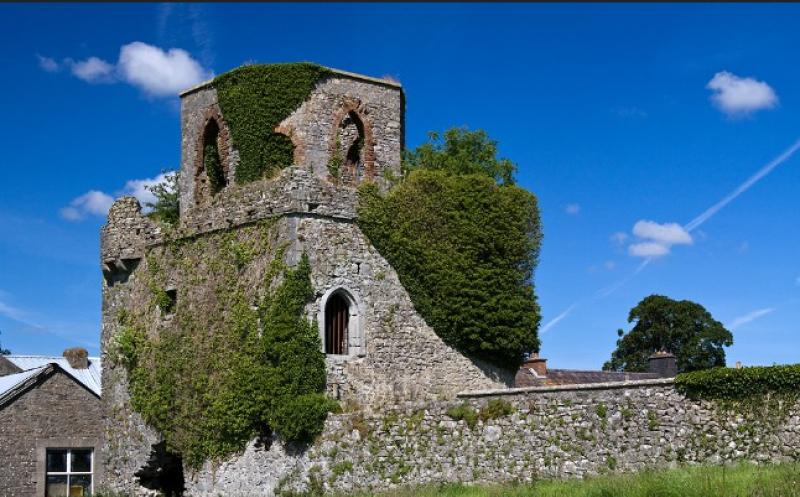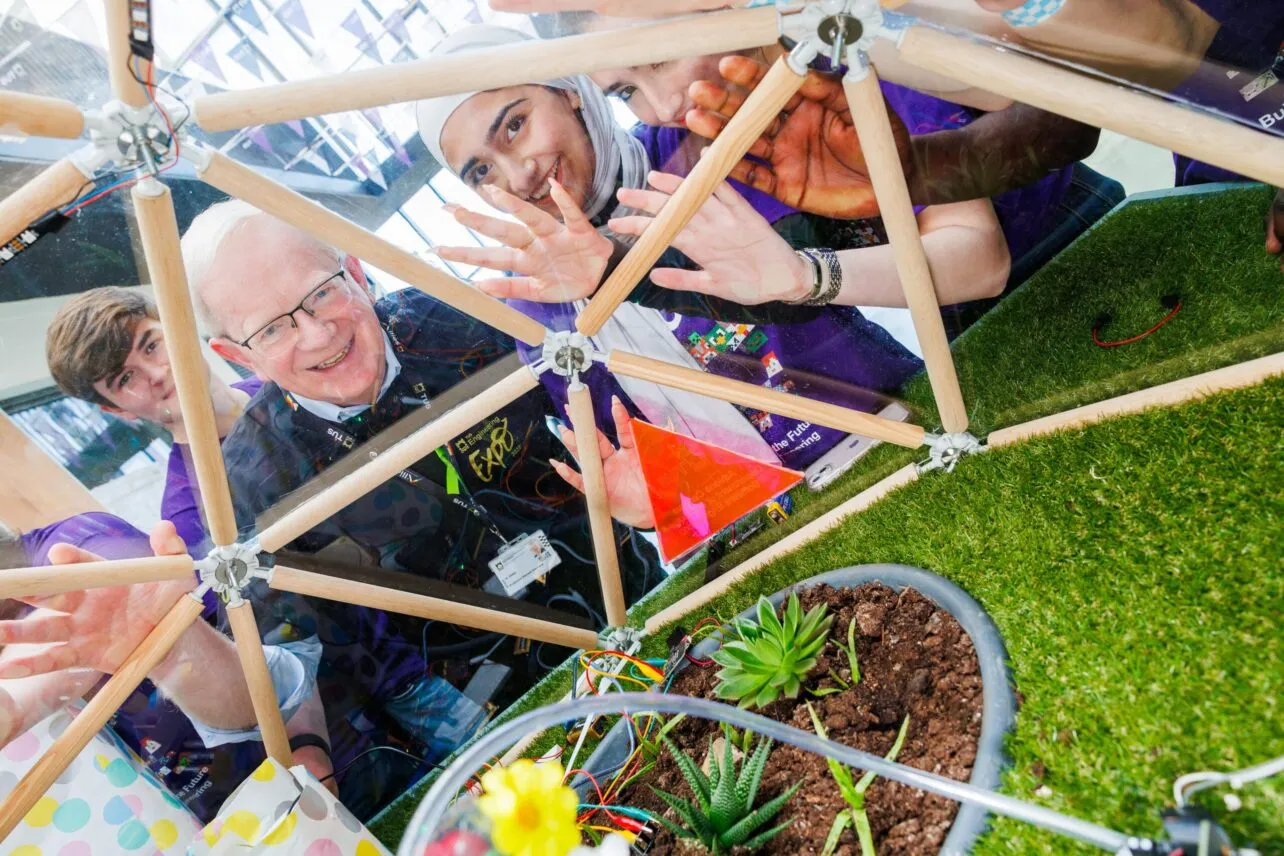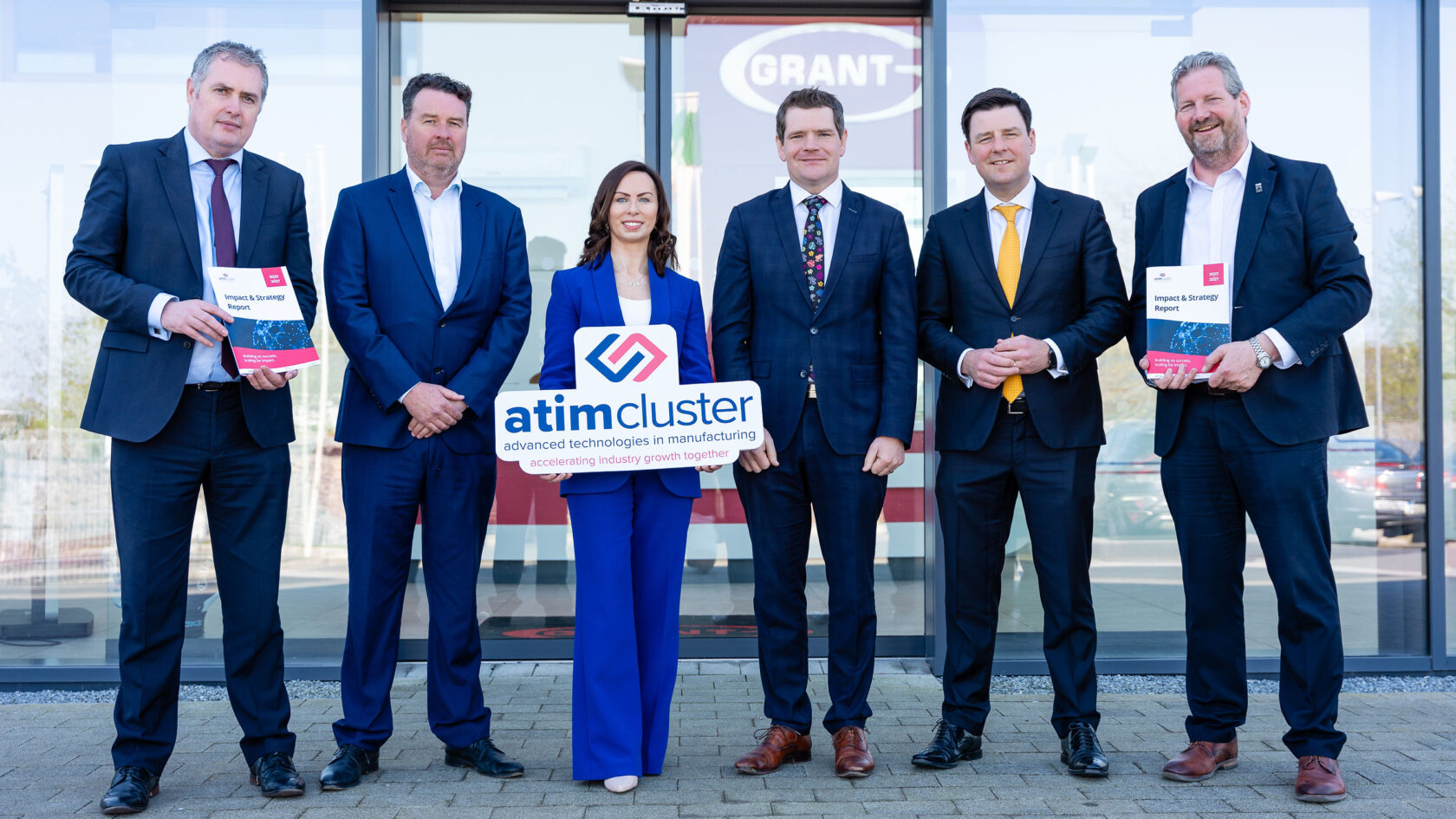The National Hubs Summit 20024 took place in Tullamore welcoming more than 220 delegates including hub managers, representative bodies, state agencies, and government departments to chart the future of the National Hub Network and discuss its role in transforming how we live, work, and do business.
The Midlands is well represented through our Midlands Hubs Network, with enterprise, community and remote working hubs operating in many towns and villages across the region. Together, the hubs network are providing more and more workers with the opportunity to live and work within their communities. They are providing spaces for entrepreneurs, businesses, SME’s and start-ups to expand and grow, while offering second site and landing space locations to enterprises which are looking to set-up in new locations in our region.
Digitisation, AI and the Future of Work through our Hubs
A key aim for the event is to celebrate the collaboration and connectedness that has made the hub network such a success to date.
The Connected Hubs platform has had a fundamental impact on the success of the hubs network, supported by the Western Development Commission and the Department of Rural and Community Development. Partners such as the Department of Enterprise, Trade and Employment, Grow Remote, and Enterprise Ireland have also been central to the development of the network. The hubs network has been central to the actions of the Our Rural Future programme and the national network is set to reach 400 hubs by the end of 2025.
A packed agenda saw keynote speakers looking at the theme of what is next for our hubs. The areas of Digitisation, AI and the Future of Work will have a profound impact on the communities we live in, and it is these communities which will drive how these technologies are adopted. Our communities need to be enabled to grow and scale, to attract enterprise, start-ups, remote workers, returning emigrants and international talent – it’s not just about where our hubs and communities are now – it’s about where they will be in 5 or 10 years’ time.
In this first-of-its-kind research project, funded by Connected Hubs, Changeable Behaviour Solutions looked at Mapping Success for Co-Working spaces. Using behavioural science and customer journey analysis to explore key factors behind successful hubs to identify what drives coworking communities to thrive and where potential pitfalls lie.
This year’s event also saw the first National Hubs Expo, with exhibitors offering a range of supports and services for hubs. On the Expo Stage, technology was at the core of talks on Thriving Online with Dot.ie and Artificial Intelligence Digital Twins (AIDT) for Hub Sustainability.
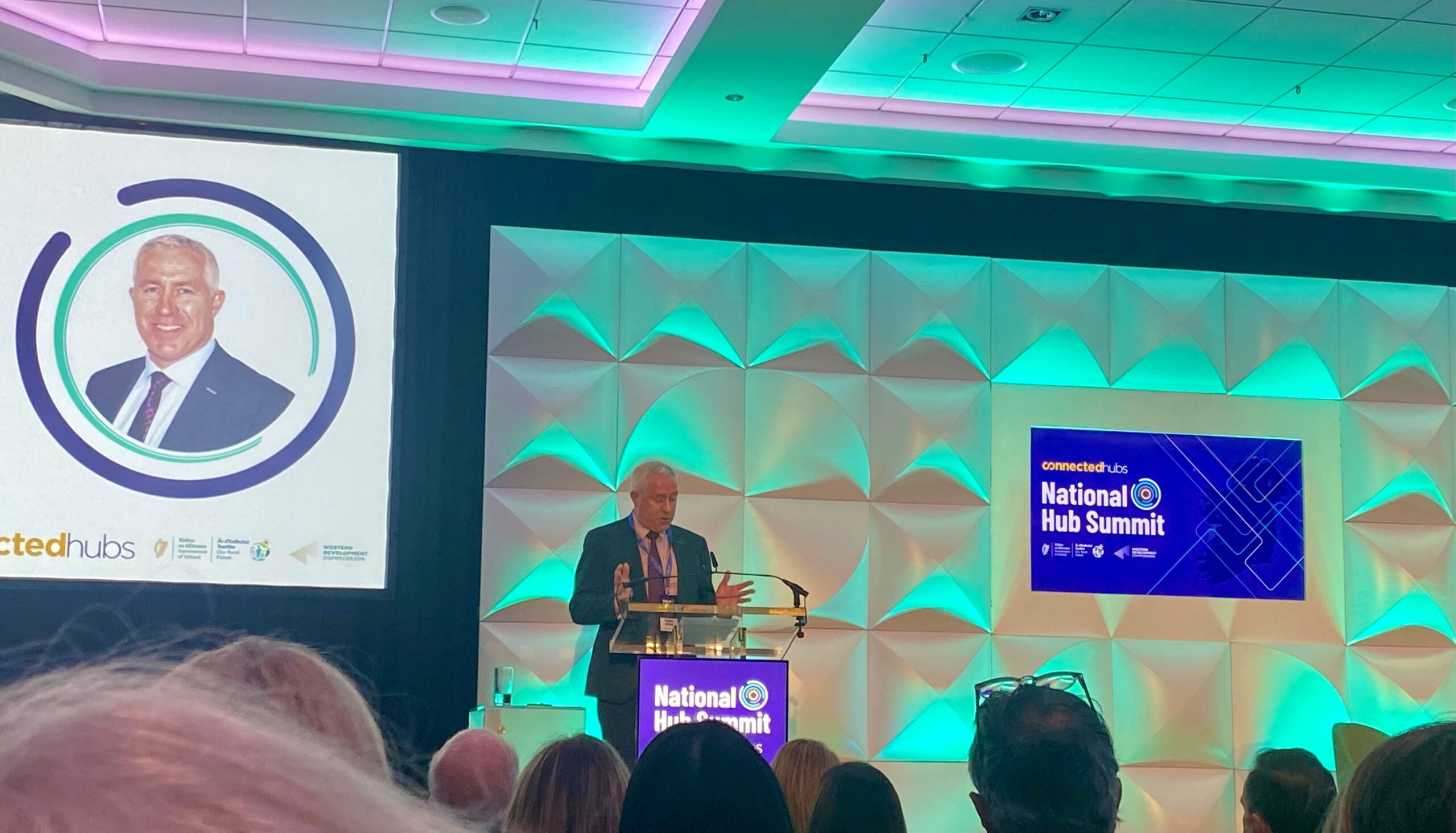
The Social Value of Hubs to our communities
Grow Remote presented, for the first time, findings from their Social Value Engine Report, showing how hubs combine to drive measurable impact across the strategy pillars of Community, Enterprise, and Employment. The value of a hub to a community does not lie in the price of a desk or office space, but in the social value it also drives – from the local coffees and lunches purchased, to the CO2 and cost saved on commuting, the connections made, the productivity increases, and the added time with family in the community.
The impact of future technologies on Hubs was discussed by the Code Institute, looking at the challenges of preparing the workforce for the future and the essential skills required to thrive in the digital economy. The final panel discussion of the day looked AI – as it continues to revolutionise industries worldwide, its potential impact on hubs and their enterprise clients is becoming increasingly significant. With AI being both a buzzword and a critical tool, hub teams need to sift through the hype to focus on the real opportunities and challenges.
In a day full of insight and collaboration, it is clear that the ambition and future for our hubs network is bright. For more visit Connected Hubs or the Midlands Hubs Network.
